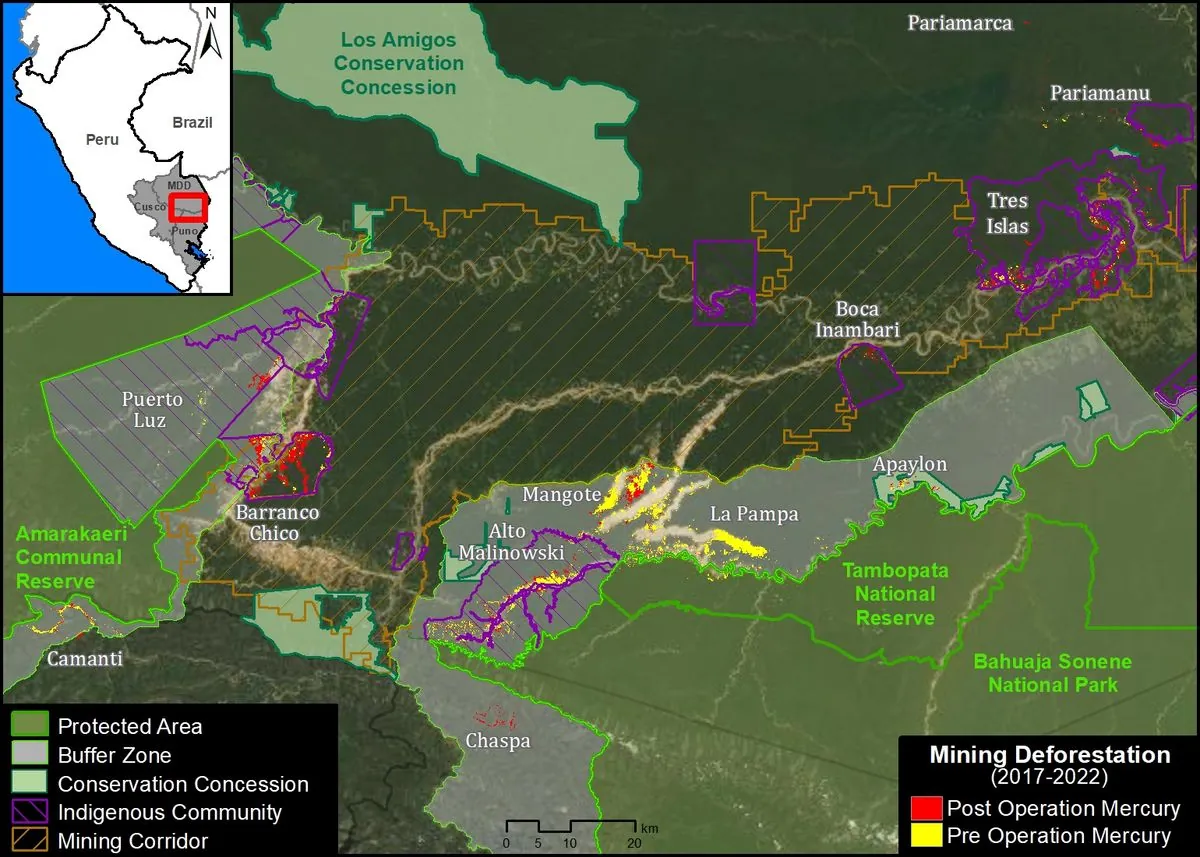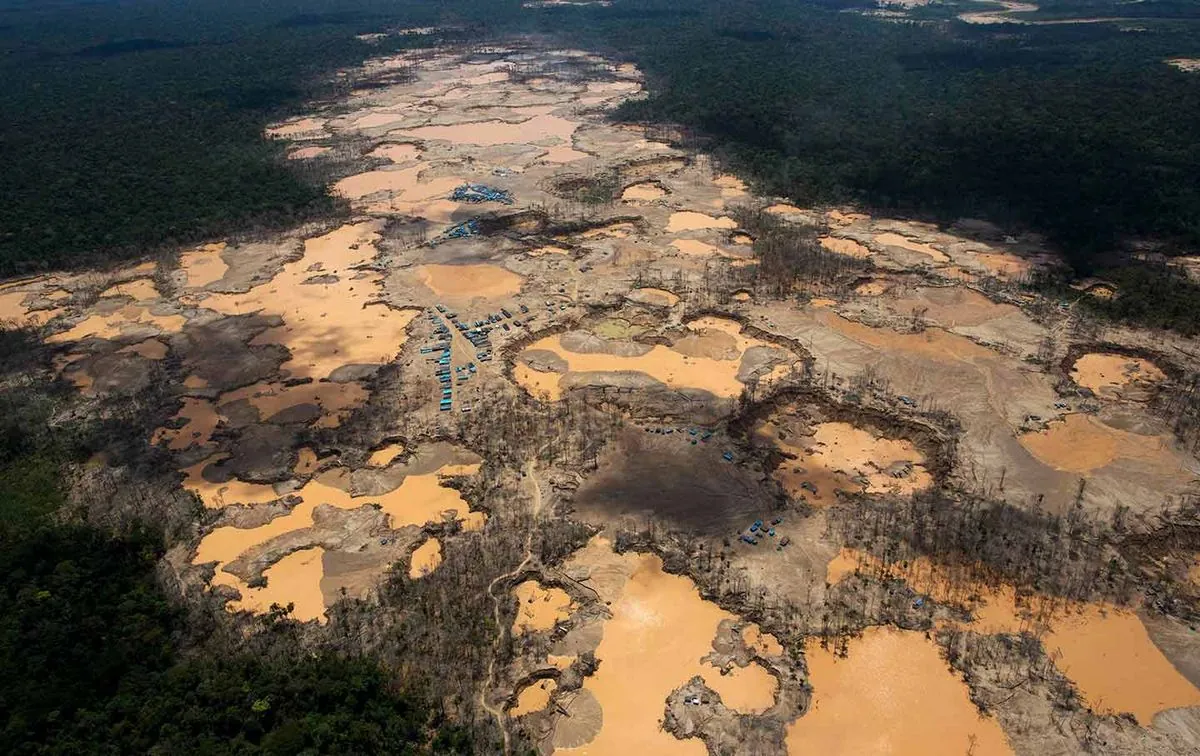Deadly Attack on Peruvian Gold Mine Highlights Illegal Mining Crisis
A major Peruvian gold miner faced a violent attack linked to illegal mining, resulting in one death. The incident underscores ongoing security challenges in Peru's mining sector amidst calls for stronger action.

In a recent incident highlighting the ongoing challenges faced by Peru's mining industry, Poderosa, one of the country's largest gold producers, reported a violent attack on its facility in the Pataz Province. The assault, attributed to individuals associated with illegal mining operations, resulted in the death of a security agent and left another person injured due to toxic fume inhalation.
The attack, which began on September 24, 2024, and continued into the early hours of September 25, involved the use of explosives against the mining facility. This event is part of a concerning pattern of violence targeting legitimate mining operations in Peru, the world's second-largest copper producer and sixth-largest gold producer.
Over the past two years, at least 30 fatalities have been recorded nationwide due to armed attacks on gold mines. In December 2023, a similar raid on a Poderosa mine resulted in nine deaths and 15 injuries. These incidents underscore the escalating security risks faced by mining companies operating in the region.

Poderosa expressed frustration with the persistent attacks despite increased police presence in the Pataz area. The company attributes this "spiral of violence" to the rapid expansion of illegal mining activities in collusion with organized crime groups. It's estimated that illegal mining in Peru generates approximately $2.6 billion in annual revenue, often involving harmful practices such as the use of mercury, which poses significant risks to both the environment and human health.
The mining company has called for decisive action from the Peruvian government to combat illegal mining and strengthen control over processing plants that may be receiving products from illicit operations. Additionally, Poderosa urged Congress not to extend the mandate of REINFO (Registro Integral de Formalización Minera), a formalization program for small-scale miners set to expire at the end of 2024. The company argues that this program has inadvertently enabled illegal mining activities.
REINFO, established in 2017, is one of several attempts by the Peruvian government since 2002 to formalize small-scale and artisanal miners. However, these efforts have had limited success, with only a small percentage of miners completing the formalization process. The challenges in formalizing the sector are compounded by the remote locations of many mining operations, making enforcement difficult for Peruvian law enforcement agencies already struggling with limited resources and corruption issues.
The situation in Peru's mining sector is further complicated by environmental concerns. Illegal mining has led to the deforestation of approximately 100,000 hectares in the Peruvian Amazon. Environmental activists opposing these activities have faced threats and violence, highlighting the complex interplay between economic interests, environmental protection, and human rights in the region.
The global demand for gold continues to fuel illegal mining activities in Peru. The country's mining sector, accounting for about 10% of its GDP and 60% of its exports, plays a crucial role in the national economy. However, the industry faces significant challenges, including the need to balance economic development with environmental protection and social responsibility.
The recent attack on Poderosa's facility serves as a stark reminder of the ongoing security challenges in Peru's mining regions. It underscores the urgent need for comprehensive strategies to address illegal mining, protect legitimate operations, and ensure the sustainable development of Peru's valuable mineral resources.


































